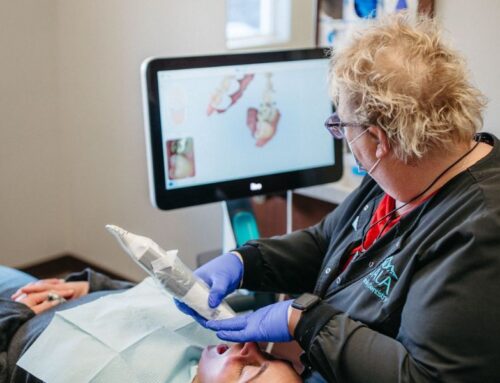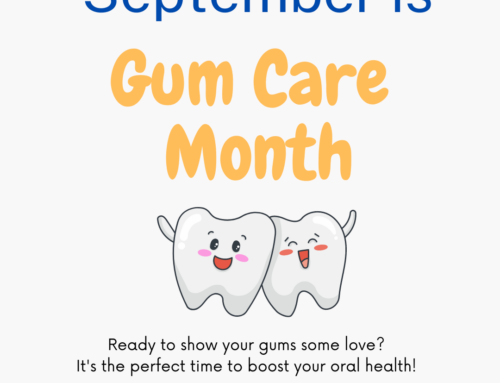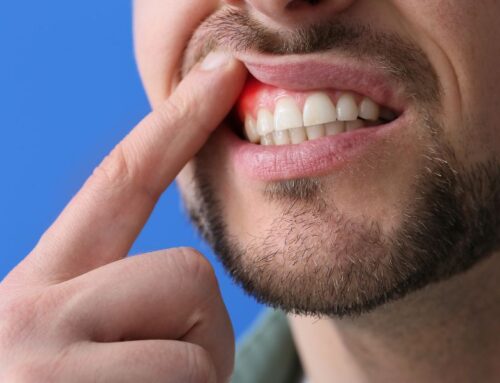
Individuals that swim frequently often notice that their teeth feel more sensitive afterward. This is the result of continuous and prolonged exposure to the chlorine in the water which is acidic in nature. Chlorine is great at keeping the water clean and safe for people to swim in, but it may also alter the chemical balance of the water if not monitored correctly and closely. As a result, teeth are susceptible to the acid attack of the pool water. Infrequent and casual swimmers are at a lower risk, however, those that spend a significant amount of time in pools are at a greater risk of developing yellow & brown stains on their teeth along with increased sensitivity.
The first step in avoiding these deleterious effects is to know & monitor the pH level of the pool. The pH should remain between 7.2 and 7.8. The lower the pH, the more harmful the chlorine & pool water are to your teeth. You can also rinse your mouth out with fresh water as you swim to help get rid of & dilute any chemical deposits. It is also recommended to keep your mouth shut as much as possible while swimming and allow as little pool water into your mouth as you can. More frequent visits to the dentist may also help by providing your teeth with more frequent and thorough cleanings.
It’s also very important to keep in mind that oral trauma is very common in and around swimming pools as a result of the wet and slick surfaces as well as from the rambunctious activities that often occur while playing in the water. Do not run in the vicinity of a pool and be mindful about how fast & where you come out of the water at the edge of the pool! And please do not dive into shallow water!
Come in today so we can check your dental health!
Contact
Phone | (775) 376-7914
Email | info@salafamilydentistry.com
Hours
| Mon - Fri | 7:00am – 5:00pm |
| Saturday | 7:00am - 3:00pm |
| Sunday | Closed |
Location





